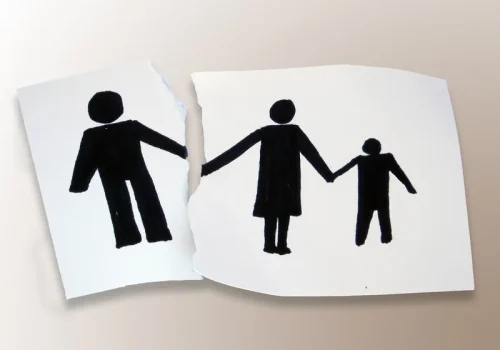
Take note that chronic alcohol misuse can also lead to other health problems, such as liver disease and heart disease. It is also important to eat a balanced diet that includes plenty of fruits, vegetables, and whole grains since these foods are packed with nutrients that are essential for mental health. This is because a healthy diet can help to improve your brain health and overall well-being. There are a number of things you can do to help relieve the symptoms of brain fog. While alcohol fog is not a life-threatening condition, it can be a sign of an underlying health problem that will definitely benefit from early diagnosis and early recovery. Common hormonal imbalances that can cause brain fog include low thyroid hormone levels (hypothyroidism) and high cortisol levels (adrenal fatigue).
- If you are thinking about quitting drinking, talk to your healthcare provider.
- People with alcohol use disorder should be monitored by a medical professional when withdrawing from alcohol.
- This level of addiction care addresses physical and psychological withdrawal symptoms, including brain fog.
- Inpatient treatment allows healthcare professionals to monitor you for DT or hallucinations, monitor your vitals, and administer fluids or medicine intravenously if needed.
Alcohol Withdrawal Timeline: How Long Does It Last?
- Plus, over time you will begin to experience the many benefits of sobriety.
- This is because chronic stress can lead to adrenal fatigue, which can cause symptoms like forgetfulness, poor concentration, and irritability.
- Any brain that’s been the victim of extended substance abuse certainly couldn’t be harmed by a memory or concentration exercise.
- Brain fog occurs when a medical condition impedes a person’s ability to think clearly.
Alcohol withdrawal refers to the physical and mental effects a person experiences after stopping prolonged and heavy alcohol use. When you suddenly stop drinking, your body is deprived of the effects of alcohol and requires time to adjust to functioning without it. Depending on how long you have used alcohol and how much you typically drink, the severity of these symptoms can range from mild to severe. Alcohol withdrawal symptoms alcohol withdrawal brain fog were systematically assessed every 4 h by the nursing staff supervised by a physician specialized in addiction medicine. When the Cushman score was, for the first time, superior or equal to 4, it was assessed a second time 30 min later to avoid false positive (e.g. caused by anxiety). In patients with hepatocellular or respiratory insufficiency, oxazepam was preferred to avoid over sedation or respiratory depression.
- Alcohol detoxification, or simply detox, is a process of navigating through alcohol withdrawal.
- In this blog post, we will discuss what causes brain fog from alcohol, the symptoms of alcohol fog, and how to remedy the problem.
- However, seeking help and support is essential if the symptoms persist or interfere with daily life.
- For instance, cessation can trigger an imbalance in your brain’s chemicals, leading to cognitive disturbances and instability.
- In the context of alcohol, these symptoms can be acute (occurring shortly after drinking) and chronic, lasting long after the alcohol has left your system.
The effect of alcohol withdrawal syndrome severity on sleep, brain and cognition
Limiting alcohol consumption or eliminating it entirely can help prevent brain fog. We can also enhance our cognitive health by getting adequate sleep, regularly exercising, eating a healthy diet, staying hydrated, and practicing stress reduction techniques. It’s not unusual to experience brain fog after a night of drinking. A doctor may also prescribe a sedative drug, such as a benzodiazepine, to help reduce withdrawal symptoms such as restlessness or agitation. Benzodiazepines like Librium (chlordiazepoxide) and Ativan (lorazepam) may also help to prevent minor withdrawal symptoms from becoming more severe. Other drugs a healthcare provider might prescribe include anxiolytics , vitamins, and suboxone.

Support groups for alcohol withdrawal
One way to let go of nit-picking or ruminating thoughts is to channel your energy into a creative activity, like drawing, needlepoint or cooking. At her worst, she was drinking two 700ml bottles of whiskey and beers a day. But Abi went “cold turkey” in April 2020 after returning to her childhood home over the pandemic and has been sober ever since. She went on to get a stable job and meet her partner, Stefan Winder, 30, a personal trainer. But when the symptoms started again and she struggled with double vision she went to see her doctor and an optician.

